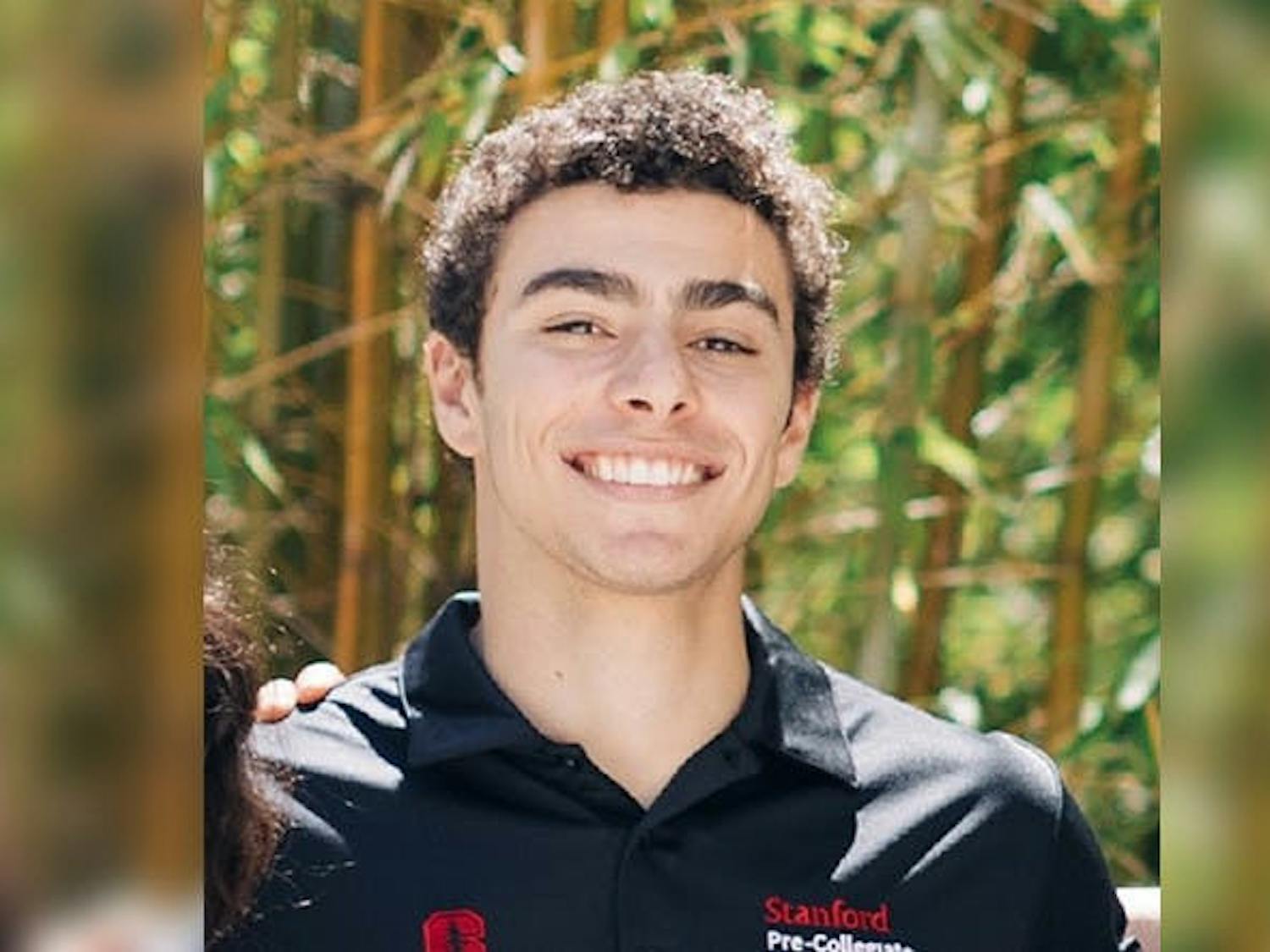The major American law school accreditor may now require programs across the country -- including Penn Law -- to show a commitment to racial diversity.
Under a revised policy from the accrediting arm of the American Bar Association, law schools seeking accreditation may be forced to demonstrate how they ensure diversity in their student bodies.
The revision to the ABA's policy calls for a description of concrete actions taken to create a diverse student body. This standard would also apply to the hiring of faculty and staff.
This revision, however, must be approved by the ABA's House of Delegates in August before it can go into effect. The revisions are part of a comprehensive review of all policies pertaining to legal education.
According to John Sebert, a legal-education consultant for the ABA, "Most of these revisions merely provide greater clarity, guidance and transparency."
He added that the changes aren't a response to any particular event. Rather, he said that because of various affirmative-action lawsuits, the current standards haven't been revised for 15 years.
But these potential accreditation changes are unlikely to change Penn Law's admissions standards, said Law School Assistant Admissions Dean Derek Meeker.
"Having a diverse class has always been a top priority for" Penn Law, Meeker said. "We've always made efforts to reach out to underrepresented minorities."
Meeker added that while nationally, many law schools have seen a decrease in the number of black and Latino applicants, Penn Law hasn't seen a similar drop in its applicant pool.
For the past two years, approximately 37 percent of the entering Law class were members of minority groups, Meeker said. The year before that, it was 33 percent.
Nicholas Vaughan, a third-year Penn Law student and a member of the Black Law Students Association, said that compared to many law schools, Penn Law "works aggressively to recruit promising minority students."
Vaughan also said that law schools like those at the University of Virginia and University of California at Berkeley, on the other hand, "do not have it in their policy to specifically recruit minority students."
BLSA President Charys Scotton said that though Penn Law does a good job reaching out to minority students, it doesn't bend its standards for minorities.
"They are not going to compromise excellence for affirmative action," Scotton said.
Vaughan said he thinks the aim of the proposed ABA policy revisions is to increase the number of minority lawyers.
While he said he supports the change, Vaughan said that law schools must start targeting minority students before they even apply to law school.
"Truly making a difference takes time," he said.
A call for diversity - The American Bar Association may revise its accreditation policy for law schools at its meeting this August - The organization could require law schools seeking accreditation to show evidence of minority-recruitment efforts - Penn Law admissions officers say the school already actively recruits minority students








